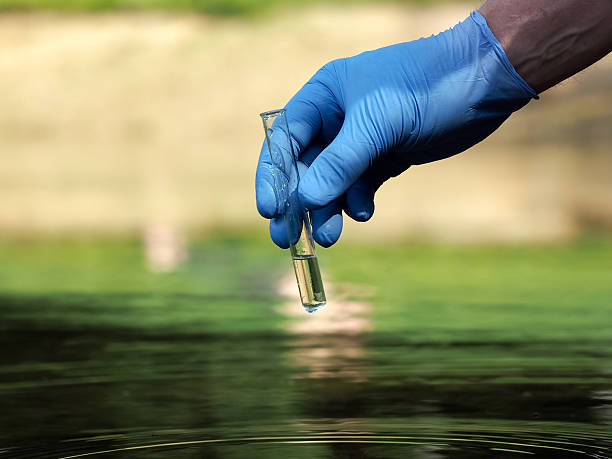Here we critically discuss how unpurified water could lead to cholera.
Need Help?
[quform id="1" name="Schools Form"]Cholera is a severe diarrheal disease caused by the bacterium Vibrio cholerae. The relationship between unpurified water and cholera has been well-established, especially in regions where water sanitation is lacking. This article will critically examine the link between consuming unpurified water and the transmission of cholera, considering factors such as the spread of bacteria, lack of sanitation, human behaviour, and the implications in a South African context.
Table of Contents
How Unpurified Water Could Lead to Cholera
Unpurified water could lead to cholera in several interconnected ways. First, it can become contaminated with the cholera bacterium, Vibrio cholerae, through human faeces from infected individuals, especially in areas with inadequate sanitation facilities. Consuming or using this contaminated water for cooking or washing creates a direct pathway for the disease. Second, the lack of proper sanitation and hygiene practices amplifies the risk, as the bacteria can spread more easily within communities without clean water for washing and personal hygiene. Human behaviour, such as community bathing in polluted water or consuming raw seafood from contaminated water bodies, can further contribute to the spread. Environmental factors like heavy rainfall or flooding may exacerbate the situation by mixing sewage with drinking water or creating breeding grounds for the bacteria. Together, these factors present a complex challenge in preventing cholera transmission through unpurified water.
Spread of Vibrio Cholerae in Unpurified Water
Unpurified water can become contaminated with the cholera bacterium through human feces from infected individuals. In areas lacking proper sanitation facilities, these bacteria can enter the water supply, particularly where sewage and drinking water systems are interconnected or poorly maintained. Consuming or using this contaminated water for cooking or washing leads to a direct transmission route for the disease.
Lack of Sanitation and Hygiene
The absence of proper sanitation and hygiene practices compounds the risk. Without access to clean water for washing hands, cooking, and personal hygiene, the bacteria can spread more easily within a community. Moreover, inadequate sewage systems can facilitate the mixing of wastewater with drinking water, creating an environment conducive to the spread of cholera.
Human Behaviour and Cultural Practices
Certain human behaviours and cultural practices can exacerbate the risk of cholera transmission through unpurified water. For example, rituals that involve using contaminated water, community bathing in polluted water sources, or consuming raw or undercooked seafood from contaminated water bodies can contribute to the spread of the disease.
Environmental Factors
Environmental conditions such as heavy rainfall or flooding can worsen the contamination of water sources. Floods can mix sewage with drinking water, while stagnant water can become a breeding ground for the cholera bacterium. This creates an additional layer of complexity in managing and preventing the spread of cholera in affected regions.
South African Context
In the South African context, the unequal distribution of clean water and sanitation facilities plays a significant role in the risk of cholera transmission through unpurified water. Many impoverished communities may rely on unprotected water sources, lacking the necessary infrastructure to purify water. Education about proper hygiene practices, awareness of the risks, and interventions targeting the root causes are crucial in this context.
Conclusion
The link between unpurified water and cholera is not merely a straightforward cause-and-effect relationship. It’s intertwined with various socio-economic, cultural, environmental, and behavioural factors that together contribute to the transmission of the disease. Addressing the risk of cholera through unpurified water demands a comprehensive approach that includes improving sanitation facilities, educating communities, enforcing regulations, and investing in water purification methods. In the South African context, acknowledging and tackling these multi-dimensional factors is key to mitigating the risk of cholera and protecting the health of vulnerable populations.

